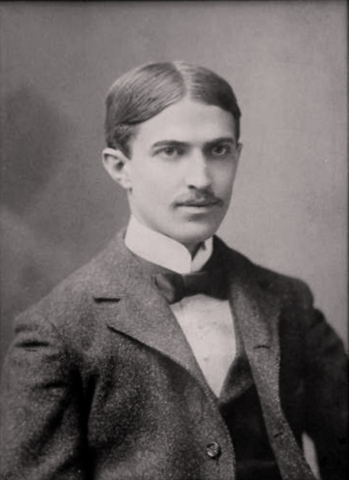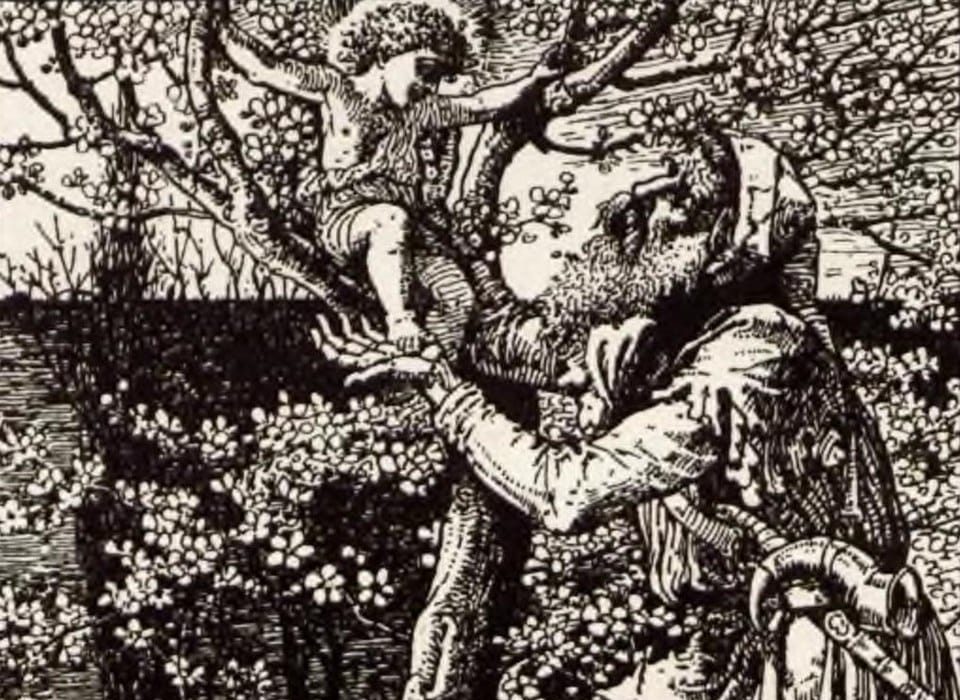Many of us remember reading The Red Badge of Courage in middle school. At the time, it may have seemed like a slog, but as you get older books have a habit of changing. That is, parts of The Red Badge of Courage do stick with me, such as the emotional depth of the novel. As it stands, Stephen Crane is a masterful writer, and he fits right into the realm of literary realism. In this post, we will take a brief look at his life and times.
History
Stephen Crane’s Early Years
Crane was born on Nov. 1, 1871 in Newark, New Jersey to a family of ministers and clergymen, and he was also the last of fourteen children. Crane was a bright child and excelled at reading and writing and was crafting short stories at the age of 14 years old. Crane attended Pennington Seminary and then enrolled in Claverack College (a “quasi-military school”) and then he went on to Lafayette College and Syracuse University.
Tending to the Writing Muse
Crane wrote on and off throughout his youth and early years and eventually began freelancing for the Tribune and worked on a novella Maggie: A Girl of the Streets (1893), which didn’t achieve the success he was looking for as an author.
“Crane received several rejections from publishers before he resolved to self-publish the novella under the pseudonym Johnston Smith in 1983. Despite the true-to-life depiction of slum life, the literary work failed to garner positive reviews and left the author broke.”
(Famousauthors.org)
However, in 1895, Crane wrote The Red Badge of Courage, which audiences praised (as well as a rewrite of Maggie). His later books did not garner as much attention, but he had already cemented himself with one of the most important Civil War novels ever written.
Stephen Crane’s Later Years and Death
Crane would continue to write about war until his death, venturing to foreign countries as a correspondent.
“Back to being a war reporter, Crane went to Greece to report on the Greco-Turkish War for several New York newspapers, but rumors of his life turning to drug addiction, rampant promiscuity, even satanism—all of which were untrue—prompted him to move to England.”
(Americanliterature.com)
Crane died from tuberculosis at the early age of 28 on June 5, 1900.
Works Cited
“Stephen Crane.” Famousauthors.org. Web.
“Stephen Crane.” Americanliterature.com. Web.





Leave a comment